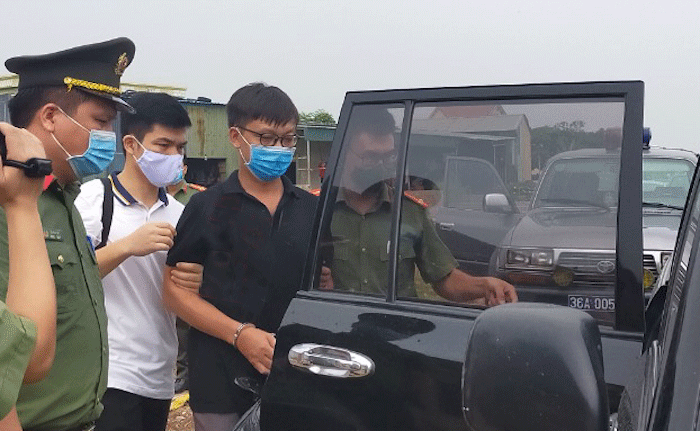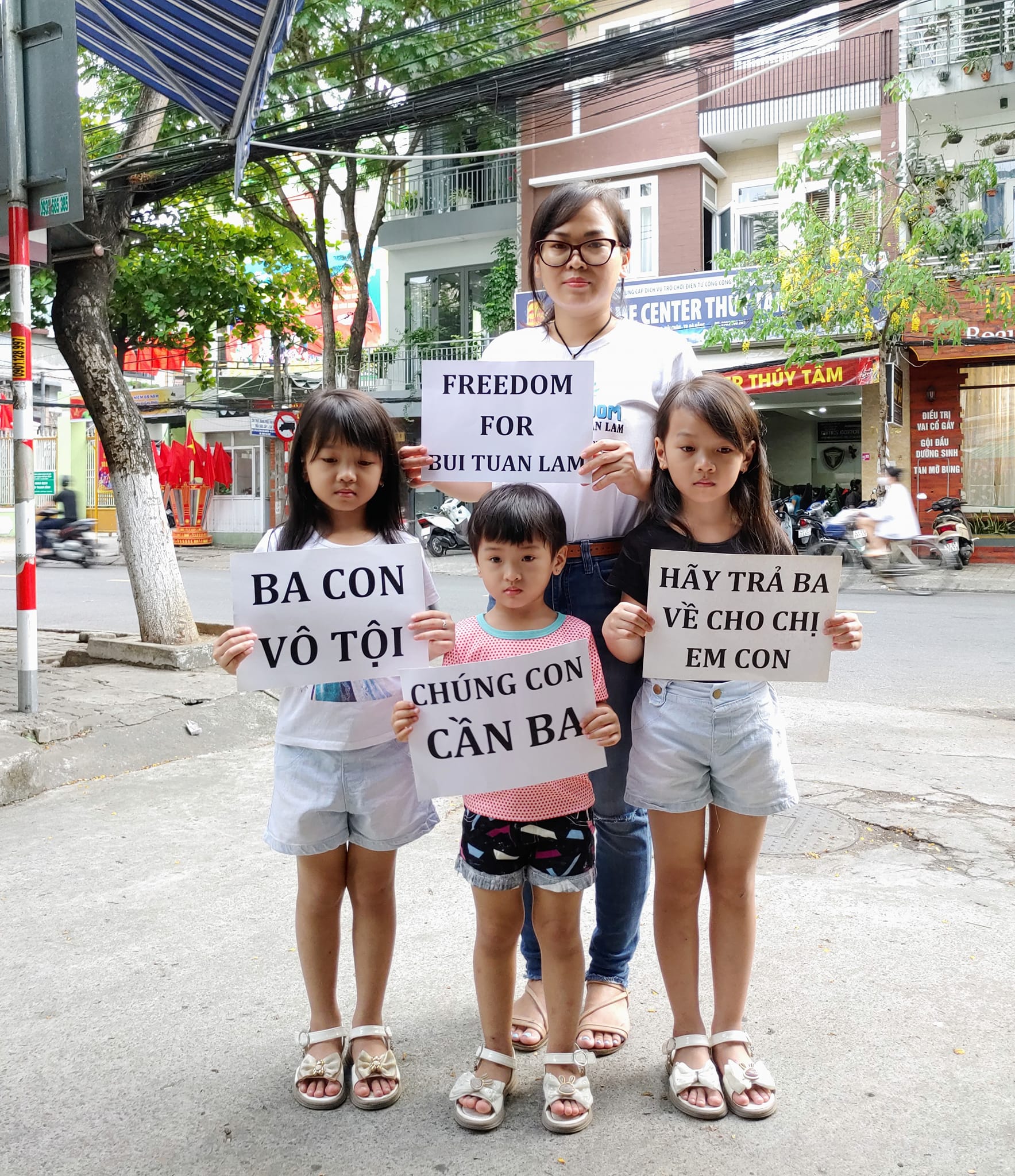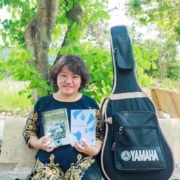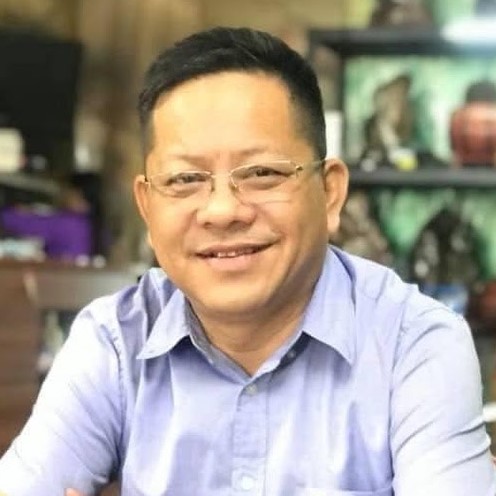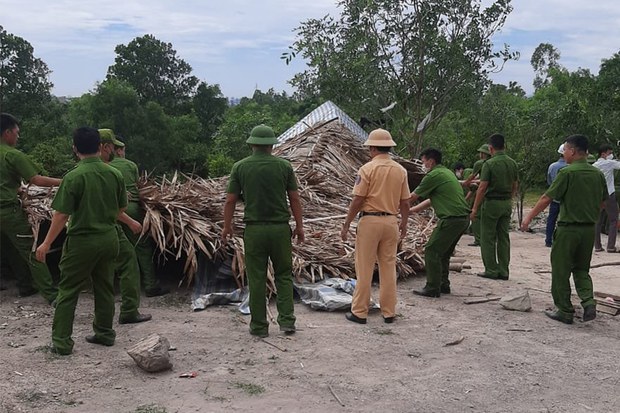The Dong Tam Trial: Vietnam’s Violations of International Commitments Continue
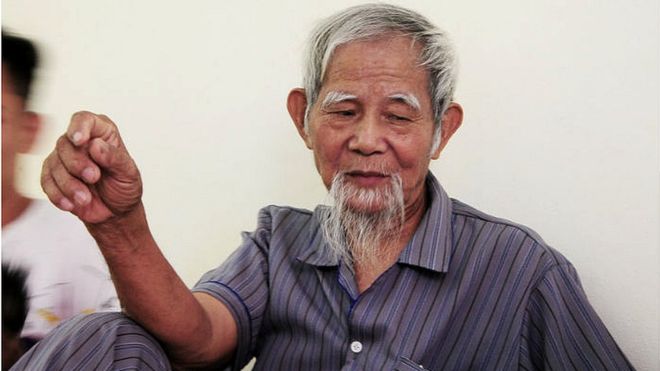
Local leader, Le Dinh Kinh, who was killed in the raid. Source: BBC News Vietnamese
The Dong Tam incident, in which one village elder – Le Dinh Kinh – was brutally killed (he was shot twice in the back and also mauled by a police dog) and three other public security officers were allegedly killed by villagers, has become the most recent illustration of incompetence and abuse of authority in the history of Vietnam’s public land disputes.
However, the deadly and chaotic event seems only to have strengthened the government’s determination to assert complete control over the information related to the incident. Moreover, the investigation and trial against 29 defendants also violated many international commitments that the Vietnamese government itself has claimed it respects.
This article will analyze and highlight how the government has used extrajudicial forces, as well as the judicial machinery, to suppress not only the freedom of information of its citizens, but also many other basic political and civil rights, including the right to a fair trial, the right not to be subjected to torture, the right to liberty and security of the person, and the right to freedom from inhumane treatment.
The suppression of freedom of information before, during, and after the trial
The right to freedom of information is vital for a functioning society. It also contributes greatly to the principle of the right to a fair trial that is a requirement in every criminal code of members of the United Nations (UN). Article 19 of the International Convention on Political and Civil Rights (ICCPR) sets out that “everyone shall have the freedom to seek, receive and impart information and ideas of all kinds, regardless of frontiers, either orally, in writing or in print, in the form of art, or through any other media of his choice.”
In criminal cases, while several types of information must be kept from the public to protect the privacy and equitable treatment of parties involved, a fair and public hearing shall also give the public all the relevant information, protect the rights of journalists to access non-confidential sources, and make sure that distorted and partial views of the case cannot be propagated for political purposes. These principles were not followed during the Dong Tam trial.
Just days after the incident, state media (such as Thanh Niên, Người lao động, Tiền Phong, and others) had already published stories and framed this deadly incident as a case of “resisting and obstructing officers in their public duty.” These pieces quickly depicted the citizens as culprits with evil intentions, but provided practically no evidence other than statements from the Ministry of Public Security.
Meanwhile, the family’s side of the story was never reported in the state-sanctioned media. For example, the testimony of Du Thi Thanh (Le Dinh Kinh’s wife) regarding the police attack in Dong Tam on January 9, 2020, which showed how unexpected and dangerous the police attacks against Le Dinh Kinh’s family were, was conveniently left out from any official discourse about the case.
More importantly, right after the incident, the entire Hoanh Village of Dong Tam was put under a complete curfew. Non-residents (including journalists, reporters, and activists) were not allowed to enter the village for any independent investigation. People outside of the village were also barred from attending Dinh’s funeral, and the event was put under heavy surveillance by public security. Phones and recording devices were confiscated.
The practices effectively gave the government a monopoly on information concerning the Dong Tam Incident. Civil society, however, did not let this slide easily.
Nguyen Anh Tuan, a prominent activist with a long history following the Dong Tam public land dispute, tried his best to inform the public about the dispute and the unnecessary violent attack against Dinh’s family.
Other petitioners, such as Can Thi Theu, Trinh Ba Phuong, Trinh Ba Tu and Nguyen Thi Tam, who have also been fighting for their own land in the Duong Noi public land dispute, showed their strong support for the victims in Dong Tam. Trinh Ba Phuong was very active in advocating with international organizations and foreign embassies to raise awareness about Dong Tam. He also tried to highlight the government’s mistreatment of Kinh’s family.
Other members of the public and academia, such as Chung Hoang Chuong, Nguyen Thuy Hanh, Dr. Nguyen Xuan Dien, Huynh Ngoc Chenh, Dr. Hoang Xuan Phu, and Nguyen Quang Vinh, participated in the Dong Tam discourse using different approaches.
Nguyen Thuy Hanh called for the public to provide financial support to Kinh’s family since all major laborers of three generations of the family had been arrested. Chung Hoang Chuong and Dr. Nguyen Xuan Dien used their Facebook accounts to give their opinions and update the public on the case.
Dr. Hoang Xuan Phu published a detailed analysis, which resulted from his independent investigation of what happened on the morning of January 9 in Dong Tam.
Yet regardless of their way of contributing to transparency surrounding the case, many of them were subjected to various forms of abuse and harassment from the authorities.
Nguyen Anh Tuan and Nguyen Xuan Dien have been threatened at their homes and briefly detained by plainclothes public security officers.
Hanh’s bank account, which was able to raise hundreds of millions of dong in just one month to support Kinh’s family, was frozen and the money was confiscated by the Ministry of Public Security. The ministry alleged that the money could be used for “terrorism.”
Most severely, Can Thi Theu, her sons Trinh Ba Tu and Trinh Ba Phuong, along with Nguyen Thi Tam, were arrested in June for “making, storing and disseminating information to oppose the people’s regime” (Article 117 of the Criminal Code).
And the suppression of information continued.
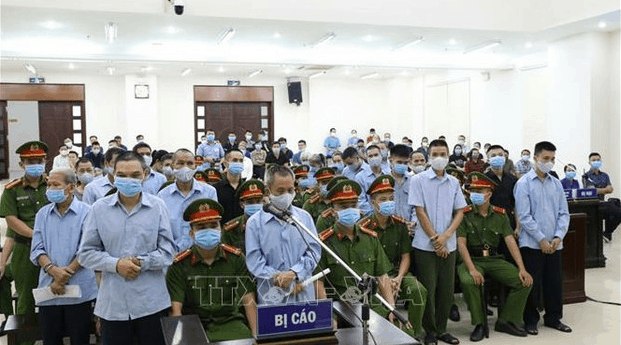
The Dong Tam defendants at trial, September 8, 2020. Source: State media via RFA.
Just several days before the trial, in an attempt to influence the public (or to remind them not to react too much to the judgment), General To An Xo of the Ministry of Public Security publicly insulted Le Dinh Kinh, calling him a member of the new generation of “village bully” (cường hào) – a pejorative term coined by the Communist Party in the past to justify the government’s brutal policy against landlords and local officials in old rural Vietnam.
In the trial, vital information, such as how and why Kinh was killed and its legality, the details of “Plan 419A,” the pre-approved plan of attack against Dong Tam, and a proper crime scene investigation to examine how three security officers died under such peculiar conditions, was denied with no justification.
It could be said that there was a black curtain surrounding the trial, leading to a reasonable observation that no truth or justice was protected or upheld in the judgment.
Violations of 2019 UPR commitments
The 88 Project has published a comprehensive analysis with suggestions on how the Vietnamese government can keep its promises made in the 2019 Universal Periodic Review (UPR). A brief consideration shows that it, again, failed to comply, or even start to realize, its own UPR commitments, as exemplified in the Dong Tam trial.
- In the accepted UPR Recommendation No. 147, the Vietnamese government agreed to ensure that evidence obtained through torture is inadmissible in trial, in line with obligations under the Convention against Torture (CAT). Yet the promise seemed to hold no meaning in the Dong Tam trial.
Nineteen out of 29 defendants confirmed directly in the trial that they were subjected to torture and degrading treatment. Le Dinh Cong, who was sentenced to death, told his attorney that he was beaten with a rubber baton every day during the investigation.
Bui Viet Hieu, a 77 year-old who was shot and also beaten up to the point that he lost all his teeth in the raid, also asserts that he was forced to read out loud his “confession script” on national television.
These allegations were never considered by the court. The court did not even bother to show the video records of the police interrogation, even though the current criminal legal framework requires it to do so.
- UPR Recommendation No. 157 from Slovakia asked for a proper investigation into the excessive use of force by the police and other human rights violations by official authorities; the Vietnamese government, with no reservation, had agreed that it would carry out “prompt, impartial, independent and effective investigations, including through full cooperation with third countries, into reports of unnecessary or excessive use of force by the police as well as violations of human rights by official authorities, and bring the perpetrators to justice.”
However, what led to the death of Le Dinh Kinh (and other misconduct during the investigation period) remains unresolved. Requests such as summoning Du Thi Thanh to give public testimony and opening an investigation into Kinh’s death were all denied.
An analysis published by Luat Khoa tap chi, based on the information provided by the People’s Procuracy itself, shows that the decision to use deadly force in attacking Kinh’s family on the morning of January 9, 2020, was not only ill-advised, but also in violation of the basic aspects of policing science. The analysis proposes that the attack was unnecessary and also excessive.
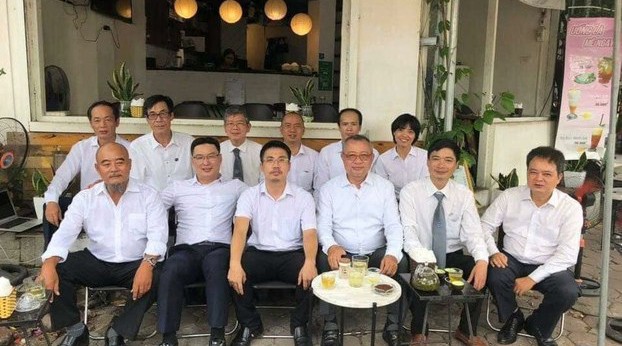
Defense attorneys on September 10, 2020. Source: Facebook, via Radio Free Asia
- The spirit of UPR Recommendations Nos. 158 and 164, to demand the immediate presence of a lawyer following a person’s arrest and other fair trial guarantees, was also violated.
While the struggle for prisoners to meet with lawyers during the pre-trial detention is nothing new in Vietnam, arbitrary and unlawful arrangements also occurred during the trial.
For instance, the attorneys were barred from communicating with their clients, with the chair judge insisting that “it would be unnecessary.” The lawyers were not allowed to copy and present their own documents. In the last days of the trial, they were also harassed and attacked by an unidentified group believed to be government supporters.
***
The Dong Tam trial is another example of the Vietnamese government’s blatant contempt for the law and judicial processes, clearly violating both domestic and international commitments. The suppression of information and the violation of legal safeguards promised by the Vietnamese government clearly undermines the integrity of the trial process and the soundness of the court decision. Despite the high profile trial, which resulted in heavy prison sentences, two death penalties, and one life imprisonment, the government, and the courts it controls, still displayed gross arbitrariness and incompetence. The prospect of Vietnam’s compliance with its human rights obligations under the 2019 UPR and other international law instruments for the benefit of the citizens, in their everyday life, is grim.
© 2020 The 88 Project


